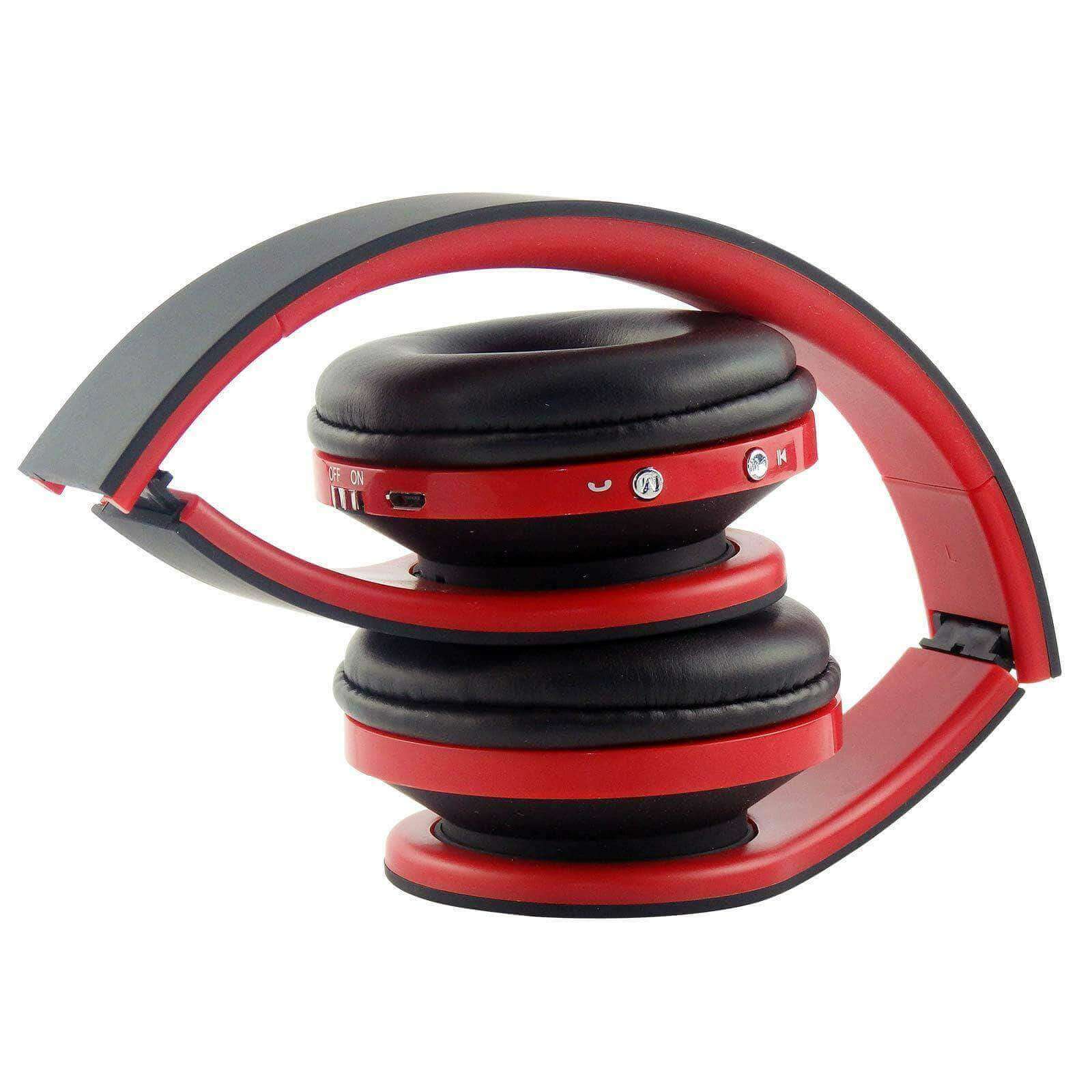

However, this specialized dye will allow us to create X-ray images of your arteries.

Usually, we cannot view your blood vessels on an X-ray. This tube, which is called a catheter, will allow us to transmit a specialized contrast dye into your artery. We will begin your angiogram by gently inserting a small tube into one of your arteries. This diagnostic test uses specialized technology to create images of your arteries and heart. For example, an angiogram is a minimally invasive test that allows us to diagnose many different cardiovascular illnesses. Receiving a diagnosis will allow you to improve your health and reduce your risk of experiencing a stroke or heart attack.Īt the Commonwealth Vein Center, we can use a variety of tests to analyze your arteries and determine the cause of your symptoms. If you are experiencing chest pain, cold feet, or other warning signs of clogged arteries, you should not ignore your symptoms. You may also sweat, feel nauseated, or have difficulty breathing. In addition to developing feet and leg issues, clogged arteries can cause you to experience dizzy, weak feelings, and heart palpitations. In addition, injuries on your feet can take a long time to heal. For example, you might feel pain in your legs or develop cold feet. When the arteries in your feet, legs, and other extremities become clogged, you may develop a number of issues. This pain may indicate that your heart is receiving an insufficient amount of blood. Chest PainĬhest pain, also known as angina, can be a warning sign that plaque has built up in the arteries near your heart.

You could also have partial vision losses. In addition, you might have difficulty moving one of your legs or arms. TIAs can cause you to slur your words or develop weak, numb sensations on one side of your body. This type of attack is an indication that your clogged arteries may cause you to develop a stroke in the future. Transient Ischemic AttacksĬlogged arteries can cause you to experience a transient ischemic attack, also known as a TIA. There are a number of warning signs that may indicate that you have developed clogged arteries. Unfortunately, plaque can build up in your arteries and damage your blood flow. When your arteries are healthy, your blood will flow smoothly throughout your body. What Are the Warning Signs of Clogged Arteries?Īn artery is a type of blood vessel that transports blood to your legs, arms, and other areas of your body. Read on to learn more about this minimally invasive test. At the Commonwealth Vein Center in Colonial Heights, Virginia, we can diagnose clogged arteries and other cardiovascular illnesses with an angiogram. If you do not seek treatment, this issue can cause you to have a heart attack or stroke. If you are experiencing chest pain, heart palpitations, or shortness of breath, you might have developed clogged arteries.


 0 kommentar(er)
0 kommentar(er)
